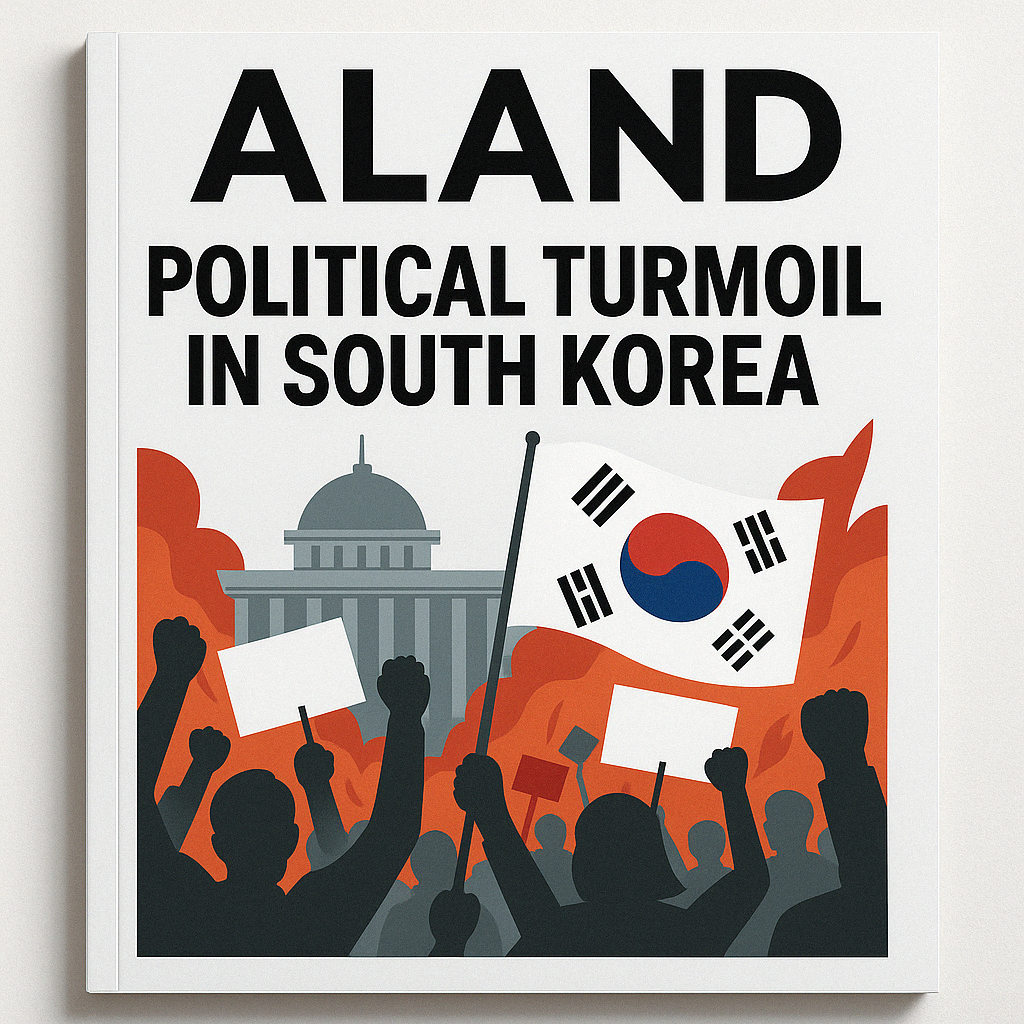South Korea's Constitutional Court Upholds Impeachment of President Yoon Suk Yeol Amid Political Turmoil
Published Date: 20th Apr, 2025
In a historic ruling that has sent shockwaves through the political landscape of South Korea, the Constitutional Court has upheld the impeachment of President Yoon Suk Yeol. This decision, made on April 17, 2025, officially removes the president from office, plunging the nation into political turmoil and raising questions about the future direction of the country's leadership.
The Impeachment Case: What Led to the Decision?
The impeachment of President Yoon was initiated after a series of scandals and controversies that questioned his ability to govern effectively. The charges against him ranged from allegations of abuse of power to mishandling sensitive political affairs. His administration had faced increasing opposition from both the public and lawmakers, with widespread protests and calls for his resignation over the past several months.
At the heart of the case was an accusation of Yoon’s overreach in judicial and administrative matters, including a controversial move to dismiss key government officials and bypass normal constitutional checks. The Constitutional Court, which is tasked with making the final judgment in cases of presidential impeachment, ruled that Yoon's actions violated the Constitution, leading to his removal from office.
Reactions to the Ruling: A Divided Nation
The ruling has divided South Korean society, with strong reactions from both Yoon's supporters and detractors. Supporters of the president argue that the impeachment was politically motivated, claiming that it was a calculated attempt by opposition parties to destabilize the government. They point to his economic reforms and tough stance on national security as achievements that should not be overshadowed by political opposition.
On the other hand, critics of Yoon's presidency have hailed the ruling as a necessary step to restore constitutional integrity and ensure that no one is above the law. They argue that his actions were an abuse of power and that his removal was essential to prevent further erosion of democratic principles in South Korea.
In the streets of Seoul, protests have erupted both in favor of and against the decision. While some celebrate what they see as a victory for justice, others voice their concerns over the political instability that the ruling could bring.
The Political Uncertainty Ahead
With President Yoon now officially removed from office, South Korea faces a period of significant political uncertainty. Under South Korean law, the National Assembly is tasked with selecting an interim president until new elections are held. However, the political landscape is fragmented, with no clear successor emerging.
The Democratic Party of Korea, which has been a vocal critic of Yoon's administration, is pushing for an early presidential election, hoping to capitalize on the political upheaval. However, members of the ruling People Power Party argue that such a move could further destabilize the country and call for a more measured approach, including a focus on restoring public trust in the government.
The leadership vacuum has raised concerns among analysts, who warn that prolonged political instability could hinder South Korea’s ability to address critical issues, including economic recovery, national security, and diplomatic relations with neighboring countries, particularly North Korea and China.
Global Reactions: What Does This Mean for South Korea's International Standing?
The impeachment of a sitting president is an extraordinary event in any country, and South Korea's allies and neighbors are closely watching the unfolding situation. The United States and Japan, two of South Korea’s most important allies, have expressed concern over the potential impact of the ruling on regional security. Both nations have reiterated their commitment to supporting South Korea’s democracy but have called for swift action to stabilize the political situation.
China, South Korea's largest trading partner, has remained cautious in its public statements, urging South Korea to focus on maintaining economic stability in the face of domestic turmoil. North Korea, on the other hand, has remained silent, though experts suggest that the regime in Pyongyang could take advantage of the political instability to further its own interests.
The Way Forward: Can South Korea Recover?
As South Korea enters this period of political uncertainty, the nation faces several key challenges. The immediate priority will be to restore confidence in the government and ensure that the country can continue functioning effectively in the midst of leadership changes. The National Assembly, the country’s legislature, will play a critical role in navigating the political crisis and ensuring that a fair and democratic process is followed.
For many South Koreans, the focus now is on healing the divisions that have emerged over the past few years. The impeachment of President Yoon Suk Yeol marks the end of one chapter in South Korea's political history, but it also represents the beginning of a new, uncertain era. How the country moves forward will depend on its ability to reconcile political differences, restore public trust, and navigate the complex challenges it faces both domestically and internationally.
Date: 20th Apr, 2025

